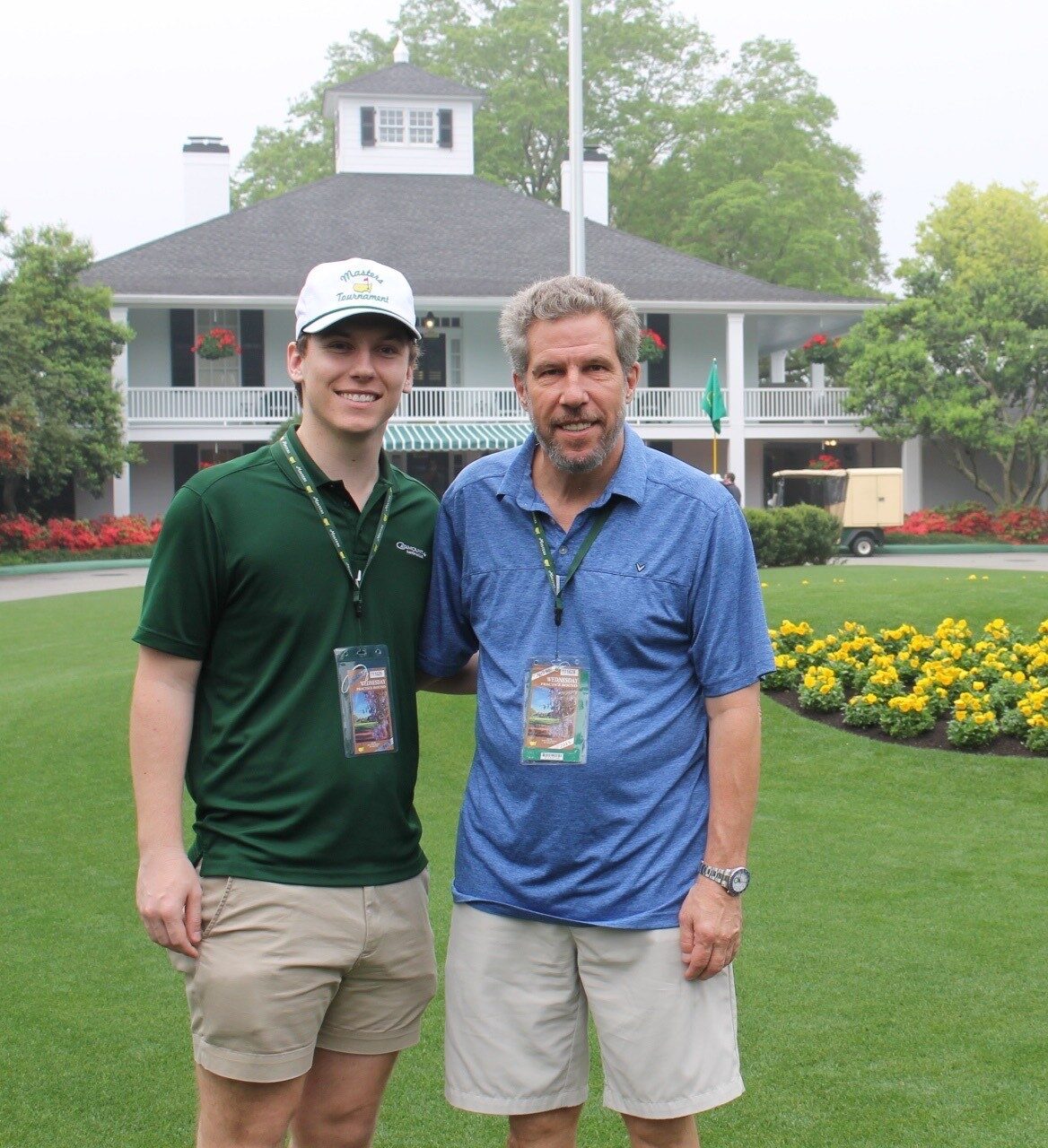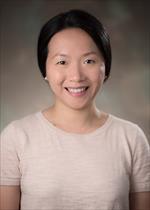
The Legacy
April 11, 2024
This is a guest post by Christopher Wood, Jr, son of the KCA’s late Board Chair and friend, Dr. Christopher…
Read More
In honor of our 30th anniversary, we’re catching up with former grant recipients to hear how their work has impacted kidney cancer care and research.
Dr. Xiao Wei received the 2018 Andrew C. Novick & P.H.M de Mulder Research Scholar Award. She is a physician at the Dana-Farber Cancer Institute and an Instructor in medicine at Harvard Medical School in Boston, Massachusetts. We spoke with Dr. Wei about her research project – PD-L1 and VEGF coinhibition in advanced non-clear cell renal cell carcinoma – and what she’s been working on recently.
What was the inspiration for your research project?
Over the last five years, immunotherapy targeting immune checkpoints has changed the treatment landscape for patients with advanced clear cell renal cell carcinoma (RCC), the most common subtype of RCC. However, approximately 20% of patients with RCC have non-clear cell histology, and there is limited data on the activity of immune checkpoint inhibitor containing treatment strategies in these patients. Furthermore, it’s unclear which patients may respond to or are resistant to this approach. This project leverages tumor samples collected in the context of a phase 2 clinical trial of atezolizumab (anti-PD-L1* immunotherapy) and bevacizumab (VEGF-A targeted therapy) in patients with advanced non-clear cell RCC to shed light on these questions.
What was the outcome of your research project?
We found that the expression of PD-L1 on tumor cells is correlated with the rate of response to atezolizumab and bevacizumab. Conversely, tumors with higher immune cell infiltration have poorer outcomes when treated with this combination. These findings suggest that expression of the immunotherapy target PD-L1 may predict treatment outcomes. Furthermore, some of the immune cells in the tumor microenvironment may impede anti-tumor response.
How would you say your research project contributed to the field?
This is one of the first prospective clinical trials in advanced non-clear cell RCC to demonstrate activity of immune checkpoint plus VEGF targeted combination therapy in advanced non-clear cell RCC. Our work supports further evaluation of PD-L1, immune cell subsets, and other biomarkers to uncover mechanisms underlying response and resistance.
What is most exciting about your research?
Clinical trials of immunotherapies and targeted therapies have predominantly focused on patients with clear cell RCC due to lower prevalence of non-clear cell histology. The role of these therapies are less well defined for non-clear cell RCC. Our research is proof of concept that combination therapies that are effective for clear cell RCC may benefit patients with non-clear cell RCC, and examination of tumor and immune cells in the tumor microenvironment may help to guide treatment decisions.
Did this research project impact your approach to patient care?
Larger prospective studies are needed to evaluate immunotherapy plus targeted therapy combination strategies in advanced non-clear cell RCC. However, this research highlights the importance of participation in clinical trials for patients with uncommon histologies, which will hopefully benefit these patients directly as well as help to advance the field. Tumor biopsies, when possible, are invaluable resources to uncover biological insights underlying primary resistance.
What is your research focus now?
We are taking a deeper dive into the different immune cell subtypes present within the tumor microenvironment that are associated with clinical outcomes in non-clear cell RCC patients treated with atezolizumab plus bevacizumab. We are also investigating whether gene expression signatures are predictive of response.
*PD-L1 is a protein found in many cells. Some tumor cells have a large amount of PD-L1 that allows them to evade the body’s immune system.